CBD
CBD Oil vs Hemp Oil: What’s The Big Differences? (2022)
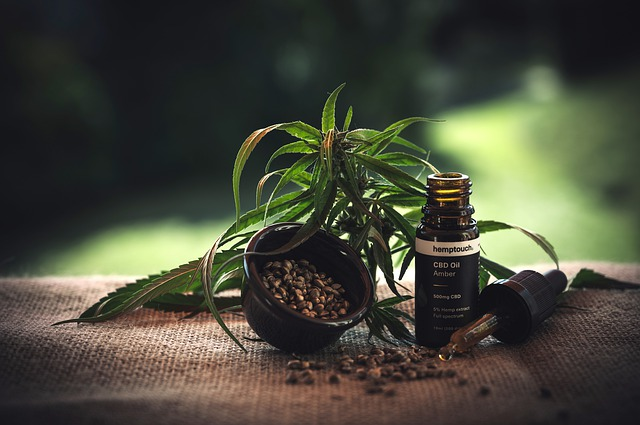
With various cannabis products reaching the market, it is common to be confused about which is which. This is especially after the FDA approved Epidelox, a CBD treatment for seizures, and the legalization of hemp plant farming. Since then, most people have acquired a sense of curiosity to understand the varying benefits of cannabis products.
This article will comparatively look at CBD oil vs. Hemp oil. Although both hemp oil and CBD oil are products of the cannabis plant, they are pretty different.
What is CBD Oil?
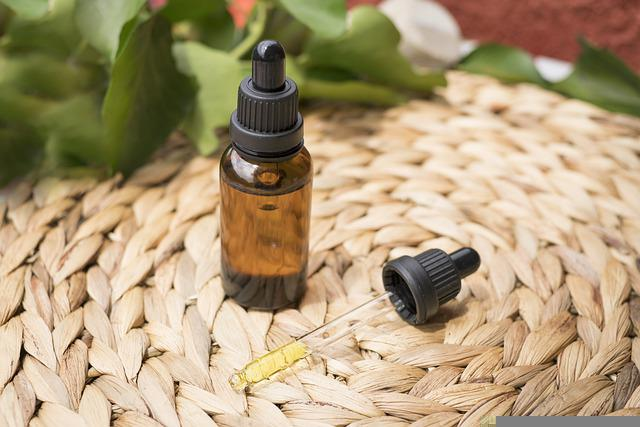
CBD or cannabidiol is an extract from the hemp plant, a cannabis Sativa plant. CBD oil is obtained from the buds and stalks of the hemp plant through a mechanical process. CBD oil manufacturers add MCT oil, a carrier oil that allows the body to absorb CBD.
CBD is the most active component of the cannabis plant; however, it contains non-psychoactive properties. Therefore this hemp extract does not create a “high” feeling.
How Is It Made?
There are various techniques you can employ to extract CBD, however the most common is the use of carbon dioxide. CBD oils extraction can be done in two ways:
Liquid CO2: First, the liquid CO2 is heated and compressed to create supercritical carbon. Then it’s passed over the hemp plant to extract terpene oils and trichomes.
Subcritical extraction: This technique uses carbon dioxide under low pressure and heat. The method takes longer and also produces a smaller output.
Some manufacturers combine the above two processes to produce broad-spectrum CBD oils. The process is known as the CO2 Total Extraction Process.
How Does it Work?
CBD engages the cannabinoid receptors in the body, causing a calming effect. The same interaction can also help reduce inflammation and provides pain relief.
What is Hemp Seed Oil?
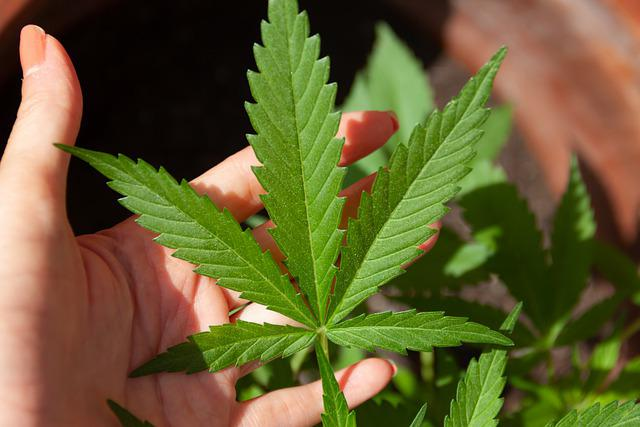
Hemp oil, also known as hemp seed oil derives from hemp seeds, a product of cannabis Sativa plants. Hemp seed oils are a popular healthcare product, owing to their richness in proteins, Vitamin E, and omega-3 essential amino acids. Due to this, some nutritional supplements may contain hemp seed oil.
Extraction of hemp oil typically involved pressing the seeds and bottling the oil. In some cases, the hemp oil may require further processing and refining. Depending on the extraction process, hemp oil may contain CBD oil and delta-9-tetrahydrocannabinol. However, the bottom line is that hemp seed oil should have 0.3% of THC or less.
How Does it Work?
Hemp seed oil lacks the psychoactive compound THC and very little CBD hence may not induce a feeling of being high. However, it creates a deep sense of calm with various health benefits.
How is it Made?
Ideally, hemp seed oil production uses a similar process as food industries, such as the manufacture of olive oil. The process involves cold-pressing good-quality hemp seeds to produce a dark to light green oil. The hemp oil may contain a nut flavor and should not be mistaken for hash oil.
The entire hemp plant can be used in the making of full-spectrum CBD oil. Afterward, the oil is then bottled and stored for further processing or shipping.
Hemp Oil vs. CBD Oil: What are the Similarities?

Aside from being creations of the same plant, hemp seed oil, and CBD oil have a few similarities. These similarities may sometimes result in confusion, where users may mistake one oil for the other. Here’s how the two oils are alike:
- Both oils do not cause a psychoactive high
- Both oils can either be taken orally or used topically
- Both products are in oil form.
Hemp Oil vs CBD Oil: What’s The Difference
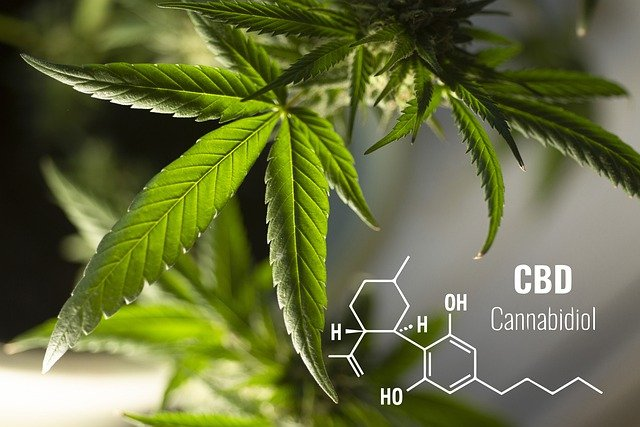
Despite the similarities mentioned earlier, hemp oil and CBD oil have contrasting properties. One significant difference between hemp and CBD oil comes from how both oils are consumed. While hemp oil is used to make beauty products and cooking, CBD oil is primarily a tincture with a wide range of medical benefits.
In addition to this, here are other contrasting differences between the two oils:
Chemical Structure
Another difference between hemp oil and different CBD oils is that hemp seed oil has a high concentration of three essential fatty acids; gamma-linolenic acid, linoleic acid, and alpha-linolenic acid. Furthermore, cannabis Sativa seed oil has a 3:1 ratio for omega -6 and Omega-3. The ratio makes hemp oil suitable for healthy dietary options.
In contrast, cannabidiol has a chemical formula of twenty-one carbons, thirty hydrogen, and two oxygen atoms. CBD belongs to a group of compounds known as phytocannabinoids that interact with the cannabinoid receptors in the human body.
Since CBD is fat-soluble, it doesn’t dissolve in water. For this reason, most CBD oil products will contain a carrier oil such as medium-chain triglyceride (MCT oil), commonly found in coconut oil. The oil improves the bioavailability of CBD oil in the body.
CBD Content
Generally, hemp seed oil contains little to trace amounts of CBD and zero tetrahydrocannabinol. Therefore, you won’t get high after consuming hemp oil.
On the other hand, CBD oil contains high amounts of CBD but zero to minimal traces of THC. This is per the industrial hemp farming legalization that requires hemp plants to contain 0.3% THC or less. There are three types of CBD products:
- Broad-spectrum CBD oil – Contains cannabinoid products except for THC.
- Full Spectrum CBD oil – Contains all cannabinoid products with trace amounts of THC.
- CBD Oil – Only has CBD made with CBD isolate.
Cost
It will cost you more to purchase CBD oil than hemp seed oil. Ideally, cannabinoid extraction is an expensive process. Furthermore, the refinement process is also an uphill task. Using CO2 for extraction makes the entire process costly and provides much room for mistakes. As a result, CBD oil manufacturers opt to produce small batches that eventually cost more.
In contrast, hemp oil extraction is a simple and inexpensive process. To make hemp seed oil, you will only need a hydraulic press. The hydraulic press exerts enough pressure on the seeds, which produces the oil. This technique is a common process in food industries and does not require any heat or chemical application.
Cannabidiol Oil vs. Hemp Oil: Health Benefits

Both hemp seed oil and CBD oil have the same benefits medically speaking. However, hemp oil has more profound medical benefits owing to its three polyunsaturated fatty acids.
Below are some of the health benefits that hemp seed oil provides:
Lowers Blood Pressure
Hemp oils can help you significantly lower your blood pressure. If you’re suffering from hypertension, it is advisable to use hemp oil together with your blood pressure medication for a more profound effect.
Promotes Cardiovascular Health
Hemp oil contains linoleic acid, which lowers cholesterol levels in the body. Low levels of cholesterol significantly reduce the risk of suffering from stroke or any heart-related disease.
Furthermore, hemp seed oil also contains arginine or L-arginine, which improves blood circulation by relaxing the blood vessels, consequently improving your heart health and your immune system.
Promotes Skin Health
Using hemp oil as a topical application can help relieve several dermatological disorders. According to research, the omega-rich culinary oil can help treat eczema, also known as atopic dermatitis.
In addition to helping the skin build resistance against infections, hemp seed oil can also treat skin conditions such as psoriasis, cradle cap, and acne.
Reduces Inflammation
Hemp Seed Oil contains anti-inflammatory properties that help to reduce pain. A significant contributor to this is the gamma-linoleic acid in hemp oil which acts as a relief against inflammatory conditions such as multiple sclerosis, rheumatoid arthritis, and irritable bowel syndrome.
Beneficial For Pregnancy
The omega-3 fatty acids in hemp seed oil contribute to the growth and development of babies during pregnancy. The unsaturated fatty acids promote eye and brain development. More so, they also relieve depression among expectant mothers.
In comparison, CBD oil contains a range of its own health benefits. These are:
Relieves Anxiety and Depression
According to scientific research, CBD oil is effective against anxiety. This is after a simulated public speaking test was conducted in Brazil on 57 men. Each individual received a range of CBD. Some received a placebo, while others received 150mg, 300mg, or 600 mg of CBD.
As a result, those who received 300 mg of CBD oil displayed less anxiety than those on the placebo. Furthermore, a separate study concluded that CBD oil effectively reduces PTSD symptoms such as nightmares in adults.
CBD may also be a relief against depression after a study on mice showed that CBD works similarly to the antidepressant imipramine. However, more clinical trials on humans need to be undertaken to ascertain this.
May Prevent Cancer Symptoms
Cancer patients will likely experience nausea, pain, and vomiting symptoms. CBD oil can be used as a relief against these symptoms. A research study on cancer patients revealed that CBD oil containing THC and CBD compounds helped alleviate inflammation symptoms.
Furthermore, different nations approve of Sativex’s use among cancer patients as a pain relief drug.
May Alleviate Neurological Diseases
CBD’s ability to interact with the endocannabinoid system and its antioxidant properties are vital in promoting neurological health. A good example is Sativex which reduces muscle spasms in people.
Furthermore, CBD oil also effectively reduces seizures among children with Dravet syndrome. Also, other studies demonstrate that CBD oil can produce various medical benefits against multiple sclerosis, Parkinson’s, and Alzheimer’s.
Improve Cardiovascular Health
CBD oil effectively prevents heart-related diseases by lowering your blood pressure. This is according to a study by researchers, where nine healthy men took part in a stress test. Before administering the test, the men ingested 600 mg of CBD oil. As a result, their resting blood pressure was reduced.
Furthermore, CBD oil can help improve blood flow by relaxing the arteries.
Substance Abuse Treatment
If you are suffering from opioid addiction, CBD oil can help you reduce your dependency. CBD can help reduce cue-induced cravings, depression, and withdrawal anxiety in people with a heroin dependency.
Hemp Oil vs. CBD Oil: The Risks

Although both products have immeasurable therapeutic benefits, they may have several adverse reactions to those who use them. Here are some risks you may face with hemp oil and CBD oil.
Negative Effects of CBD oil
Clinical studies suggest that CBD oil may have various side effects for users. However, the effects may vary from one person to the next.
Most users report the following side effects:
- Anxiety
- Fatigue
- Nausea
- Vomiting
- Diarrhea
- Dry mouth
- Mood changes
It is advisable to avoid driving or operating any machinery after taking CBD oil. Although it may not have the psychoactive compound, it contains small amounts of THC. It is best to avoid CBD oil if you have health conditions such as liver disease or eye problems.
Negative Effects of Hemp Oil
Although there is little clinical evidence to show the risks of hemp oil. Some users report the following side effects:
- Fatigue or tiredness
- Red eyes and sleepiness in children
- May lower blood pressure to life-threatening levels. It’s advisable not to consume hemp oil before surgery.
How Much Hemp Oil Should You Take?
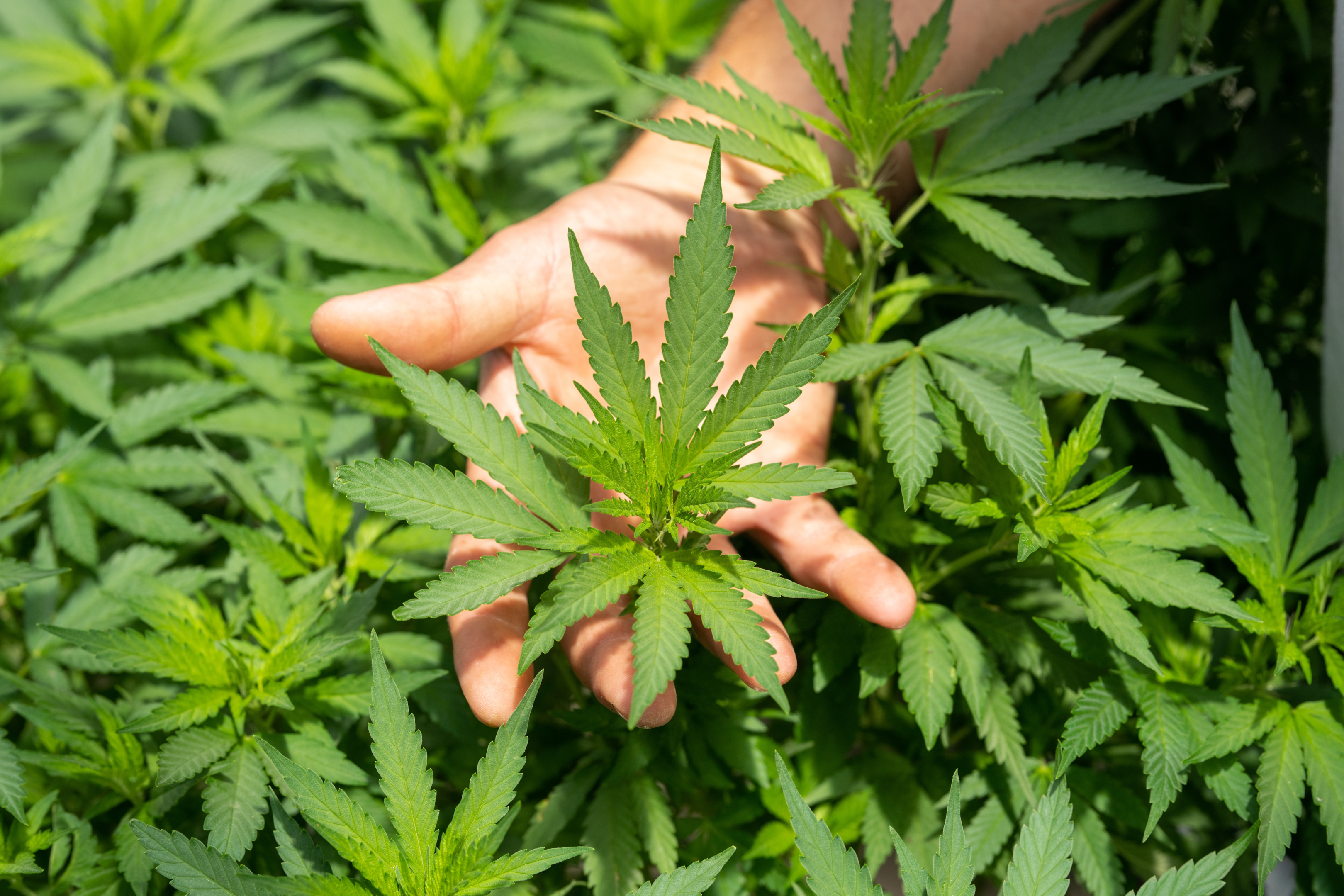
Currently, no studies support the right dosage of hemp oil. However, according to wellness professionals, the human body can tolerate 1,500mg to 6,000 mg of CBD oil every day. Notably, the effects may vary among individuals. It is best to start with a small dose and gradually increase it as you monitor your tolerance levels.
You can buy hemp oil from local health food stores or online shops selling CBD products.
Can CBD Oil Help in Weight Loss?

While some people believe that CBD helps them lose weight, little research supports this. However, CBD’s interaction with the endocannabinoid system may reduce your appetite. While THC may cause hunger, commonly known as ‘munchies,’ CBD is not known to cause a similar effect.
Is CBD Oil Better than Hemp Oil?
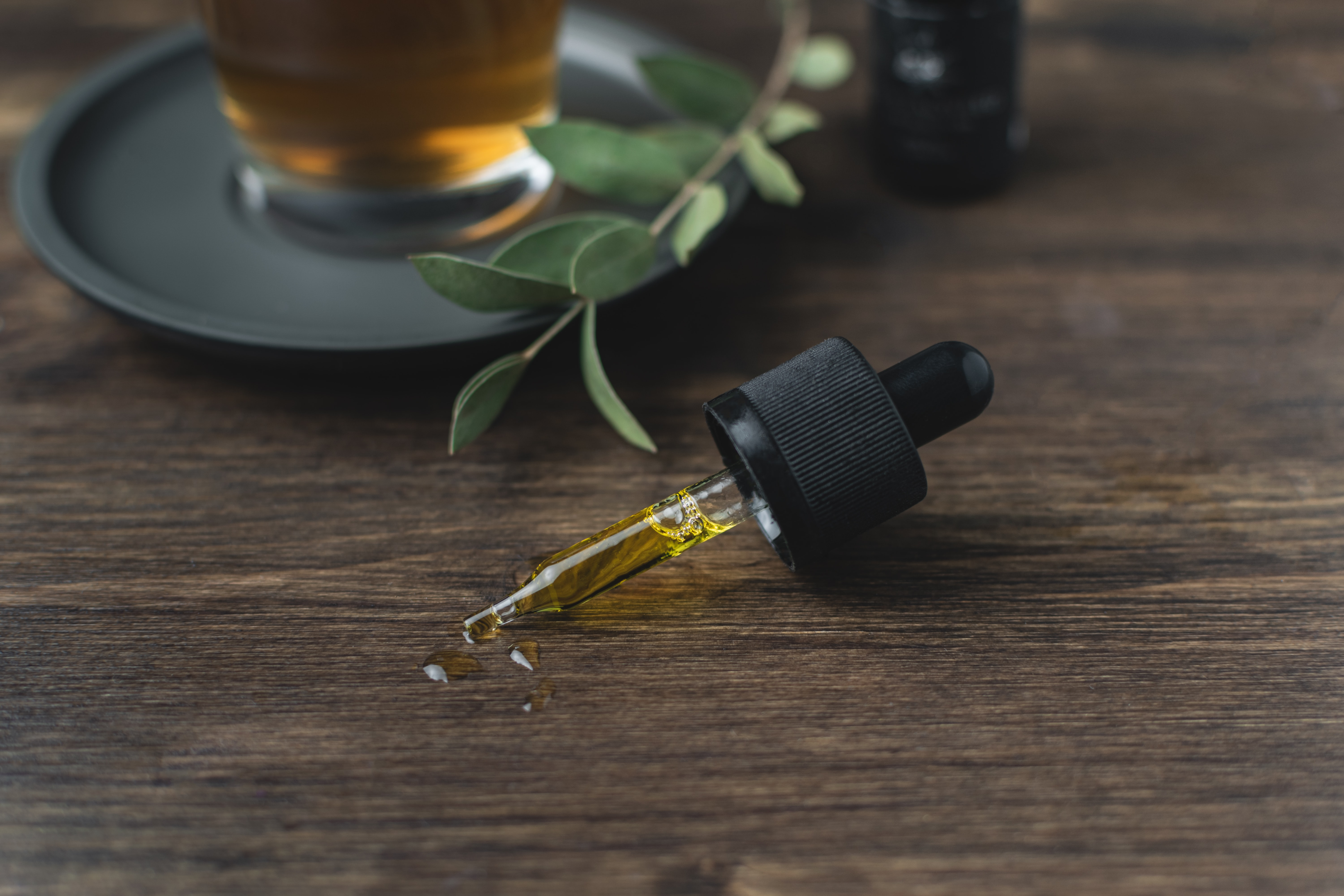
Both hemp oil and CBD are equal in value depending on what you are using them for. However, hemp oil has a wide range of nutritional benefits. On the other hand, CBD oil tinctures are effective in treating conditions such as depression and anxiety since it contains beneficial cannabinoids.
What Should I Look For When Buying CBD Oil?
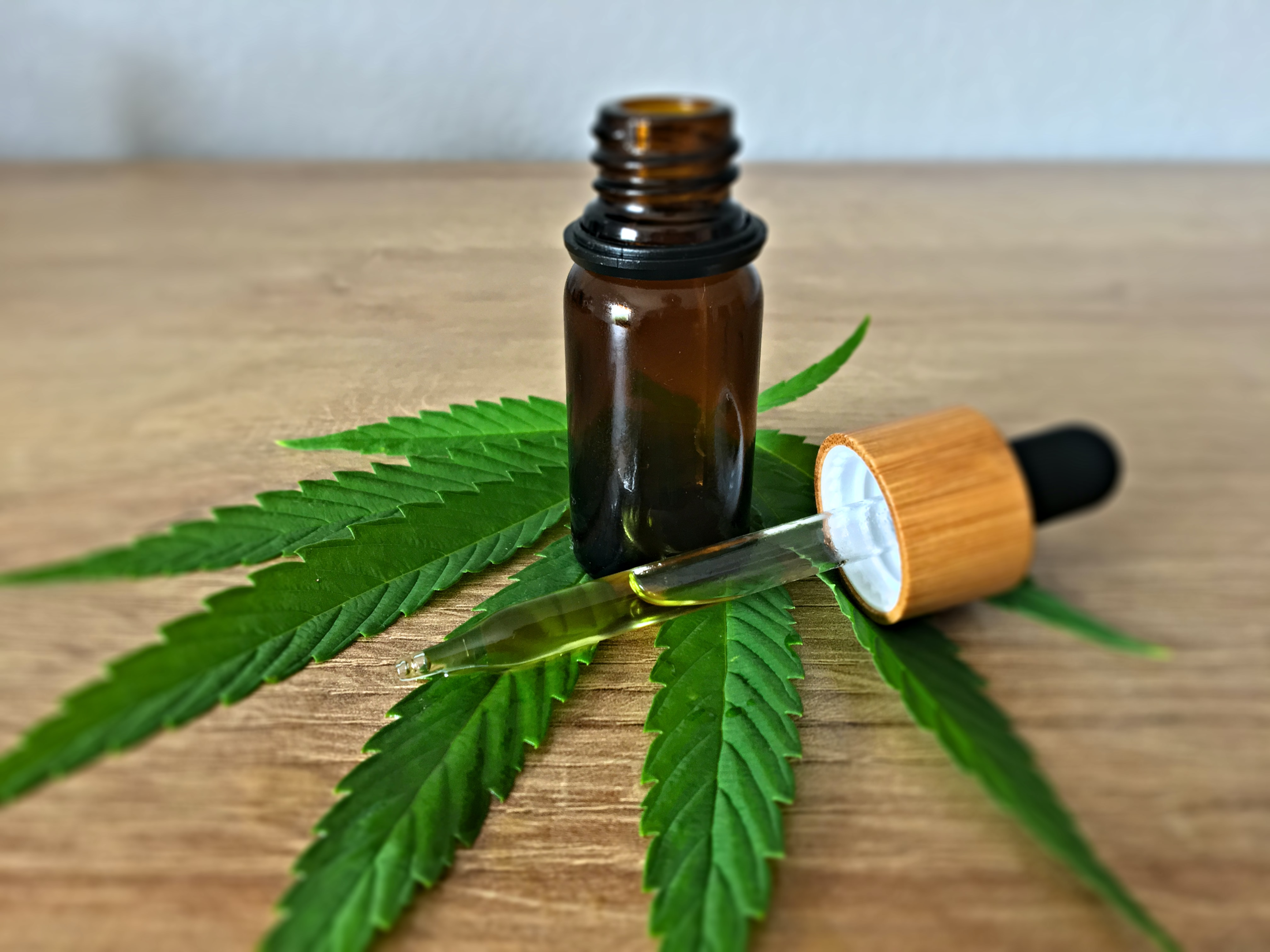
Knowing what your CBD products contain is vital before making a purchase. Some cannabis plants used in CBD oil extraction may contain inorganic chemicals which can easily be passed to the CBD extract. Before you buy CBD oil, it is best to look out for:
Third-party testing: A third-party test shows that the company is credible and the results are accurate.
Ingredient list: Check whether the manufacturer has listed all ingredients on the label. Since CBD oils include a carrier oil that can either be medium-chain triglyceride oil or any other vegetable oil. Given the options, you can find which works best for you. Look out for common terms that describe CBD oil such as full-spectrum CBD oil or isolate CBD.
Certificate of Analysis: A Certificate of Analysis (COA) lists all the compounds in a CBD product. A COA analysis will also detail the concentration and weight of cannabinoids in CBD oil.

